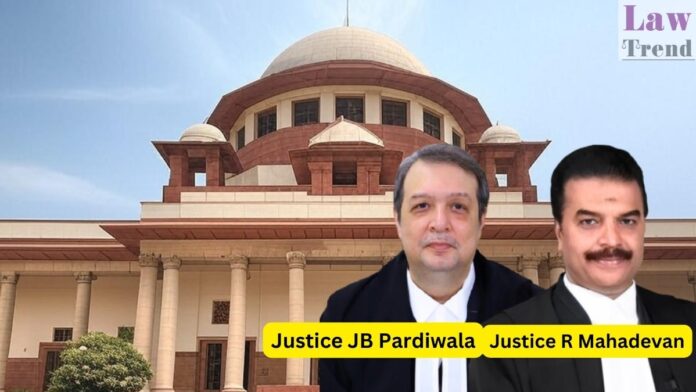The Supreme Court, in a recent ruling, quashed the First Information Report (FIR) lodged against Shailesh Kumar Singh alias Shailesh R. Singh, co-founder and production head of Karma Media and Entertainment LLP, emphasizing that monetary recovery in a civil dispute cannot be pursued through criminal proceedings. A bench comprising Justices J.B. Pardiwala and R. Mahadevan
To Read More Please Subscribe to VIP Membership for Unlimited Access to All the Articles, Download Available Copies of Judgments/Order, Acess to Central/State Bare Acts, Advertisement Free Content, Access to More than 4000 Legal Drafts( Readymade Editable Formats of Suits, Petitions, Writs, Legal Notices, Divorce Petitions, 138 Notices, Bail Applications etc.) in Hindi and English.




